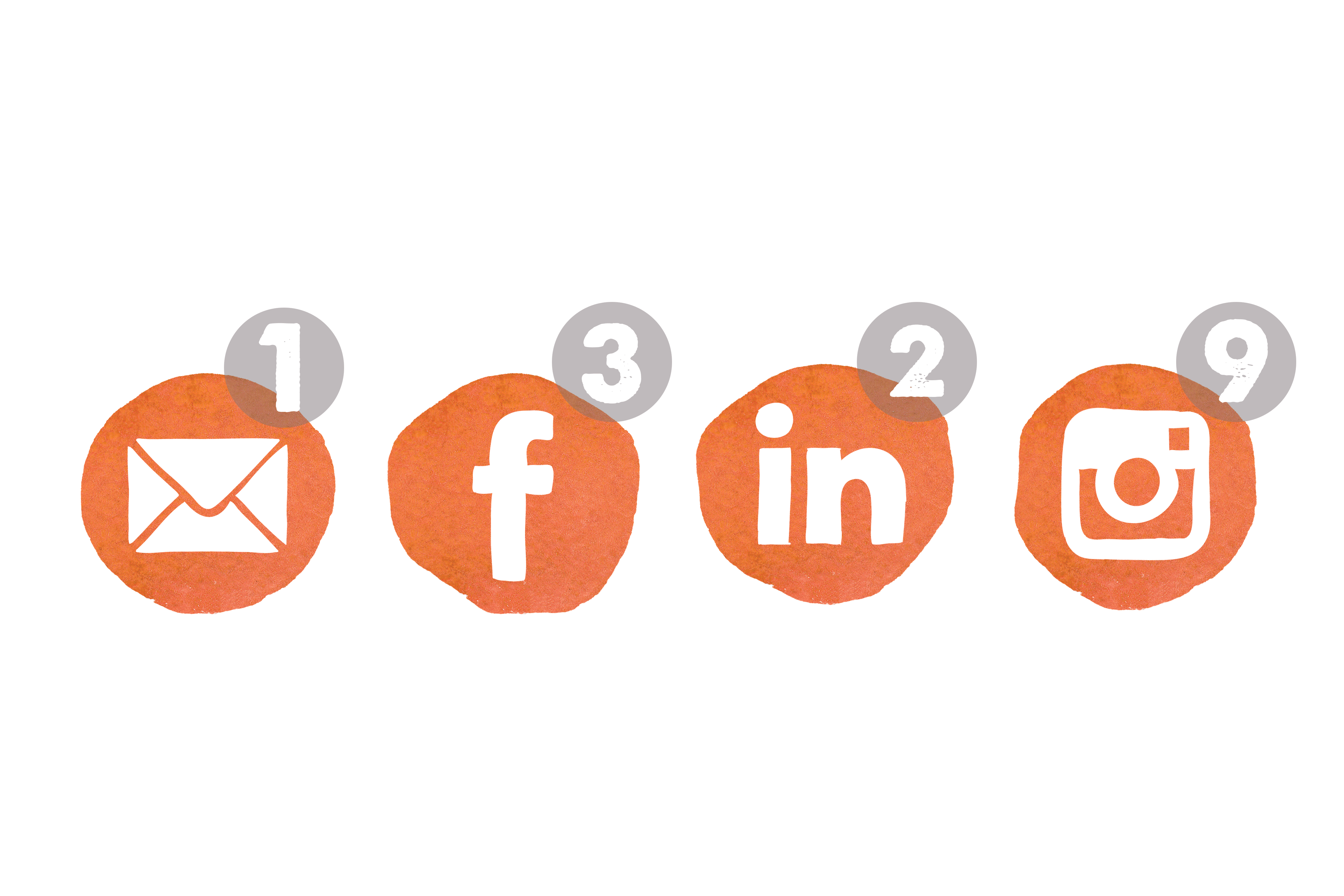Top 5 Tips for Implementing ‘Conversational Marketing’

It turns out that to truly drive customer loyalty, the most important factor is reducing customer effort, according to Harvard Business Review. However, decreasing customer effort is easier said than done, but conversational marketing could provide the winning formula. By offering customers the opportunity for a two-way conversation and combining technology with human expertise, businesses can significantly better their customer service and considerably improve the ease at which customers are able to access information and buy goods or services.
In fact, earlier this month, Facebook revealed that it would be unveiling a new customer chat plugin for businesses to use on their own websites that will allow companies to speak directly with their customers. Furthermore, when customers then leave the website, their conversation will remain accessible from their phone or tablet, using their Messenger app, creating a streamlined customer experience.
But messenger services are just a small part of the whole conversational marketing experience and other real-time digital engagement tools such as live chat and social media shouldn’t be neglected. Indeed, iAdvize’s latest research into customer journeys found that when it comes to how they want help, 85% of consumers think it is important they are offered a choice of channels through which to engage with retailers. Equally critical, 80% of those we surveyed view it as important to have help tailored to their individual needs when they require it. With technology giants, such as Facebook, getting in on the act, it’s important for all companies to utilize the range of digital engagement tools available.
The real challenge for organizations embarking on this route is how to best integrate all these options into a true ‘conversational marketing’ strategy – across all channels – which can be managed cost-effectively internally, at the same time as offering a user-friendly customer experience. These are our top five tips for reaching this goal:
1. Advantages of apps
Brands have adapted to the messaging trend, with over 1 million WhatsApp users and more users than social media, messaging apps have about 5 billion monthly active users. They have turned into crucial touch points between brands and their customers, allowing businesses and individuals to communicate via messages, call each other, and read pieces of content. Using these platforms, companies can engage website visitors using messaging apps with easy and friendly conversations, full of rich content. From a customer perspective, they can now purchase the products or services they desire and even book their next holiday.
2. The case for chatbots
When integrating chatbots into a conversational marketing strategy, it is important to include their use on both the customer side and with customer service agents. In fact, when used alongside customer service agents, chatbots have the capacity to produce far more successful results, as it gives them the ability to provide the best possible experience. Chatbots collect key information about the customers and qualify their queries; in this way, agents can concentrate on interactions, which require their expertise and customer engagement skills. This type of ‘augmented intelligence’ means chatbots take care of those basic questions, whilst the customer service team can concentrate on more challenging tasks that might require a great level of personal service.
A fifth (20%) of all conversations that businesses have with their customers been full automated, and only half of these (50%) will require the intervention of a human agent. In total, less than a third (30%) of all online conversations will need to be handled solely by human agents, dramatically increasing their time to provide better personalization and customer service by tackling the most complex issues.
3. Rich content rules
Rich content consists of different media formats (sound, video and images) used at the same time and place. Customers use rich content all the time when interacting with their friends and family, but they also want to be able to express their needs to brands in the same way. For example, sending an emoji to express their experience, an image to illustrate their explanation, etc.
Using rich content helps meet two essential criteria: personalization and a human touch. By having all these different content tools at your disposal helps firms bring life to real, authentic, benevolent and expressive interactions.
4. Around the clock availability
It has never been more important to make it easy for customers to get in touch with your business and ask questions. You can offer phone, email and social media support, webinars and live chats, but whatever method you prefer, make it easy to get the conversation started.
When customer service teams are often reduced in size and less available. Having around the clock support helps convert the best leads and gives a competitive advantage over your peers.
5. Create a human conversational expert community
Whilst 24/7 support is great, it is important to ensure it is always high quality, a challenge that can be tackled by creating a community of experts, for example, ibbü from iAdvize, an on-demand pool of experts paid to enhance customer experience. By providing a responsive group of experts, brands benefit by connecting these savvy enthusiasts with online shoppers and receive financial compensation for sharing their tips in real-time.
Creating a support network that enables retailers to interact with consumers on their own terms has been shown to increase sales revenue, improve customer loyalty and foster greater brand advocacy.
It’s evident that the advantages of conversational marketing translate to both the customer and the service agents. For example, in less than one year, iAdvize has managed to achieve 90% customer satisfaction rate and multiply conversion rates by 10. With big tech players such as Facebook acknowledging the importance of conversational marketing, it is critical that all ecommerce businesses utilize this technology before competitors draw their customers away.
source: digital marketing magazine
810 WEST SECOND STREET • LITTLE ROCK, AR 72201 • 501.372.7151 • 501.372.3089 (f)
www.groupfivewest.com








